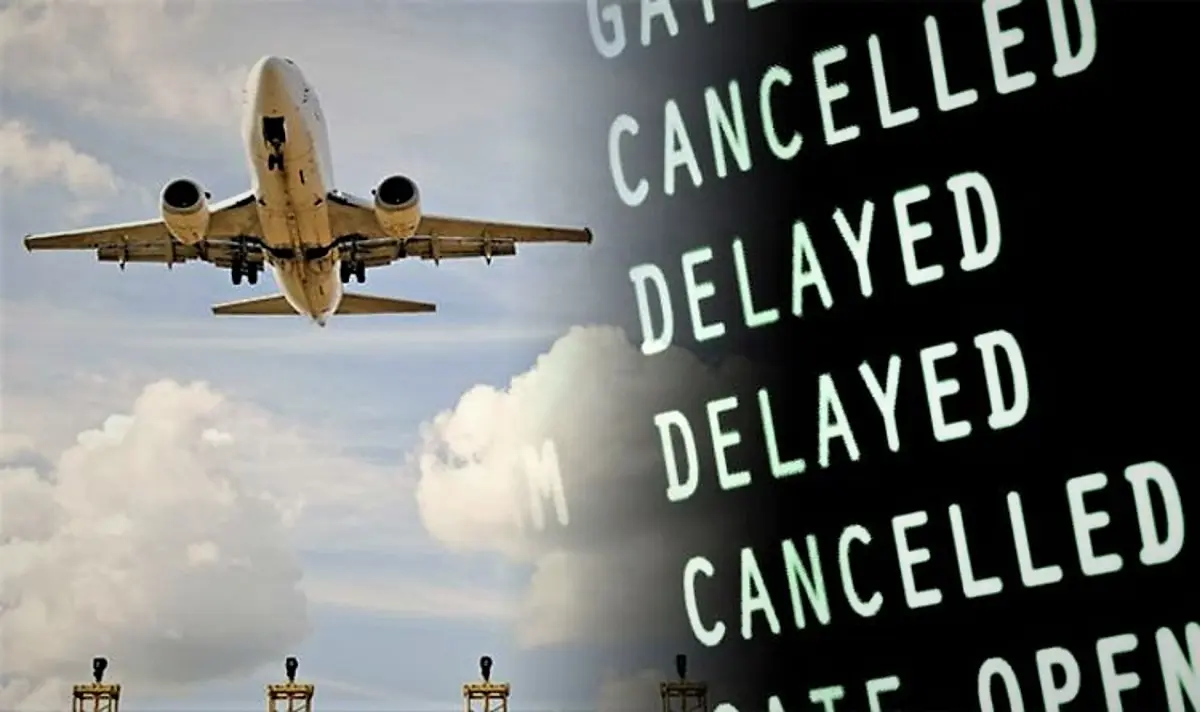
Tomorrow strike in France: transport disruptions expected and mobilisation of 80,000 officers
Civil Aviation announces cancellations of air services, particularly in the south of the country

Road and rail traffic are also at risk. The acting Minister of the Interior, Bruno Retailleau, has promised a "zero-tolerance" approach toward blockades and violence
With the main trade unions and civil organizations having declared a national cross-sector strike for Wednesday 10 September, tomorrow promises to be a day of high tension across France. The mobilization, originally born as a protest against the budget bill of the now-former government of François Bayrou, has expanded to numerous social and fiscal demands, attracting the support of left-wing parties such as the New Popular Front.
The day is expected to be marked by demonstrations in over forty cities and targeted actions to block infrastructure, with the risk of severe disruption to traffic. Territorial intelligence services anticipate participation of up to 100,000 people, although the recent fall of the Bayrou government may lead to a slight reduction in the mobilization.
Transport disruptions: the DGAC's preventive measures
The Directorate General for Civil Aviation (DGAC) issued an official statement today confirming that the air transport sector will also be affected by the strike. To minimize disruption, the authority announced the application of the evening minimum service at the air traffic control centers in Aix-en-Provence and at Marseille-Provence airport. It also requested that airlines reduce their scheduled flights by 50% between 6:00pm and 00:00am at the airports of Nice, Bastia, Ajaccio, Figari and Calvi.
Although this represents only around fifty air links out of more than 10,000 in total, delays and interruptions are still expected at airports across France. The authority therefore urged passengers to check with their carriers and, if possible, to postpone their travel.
Not only aviation, but also road and rail transport will be at risk. Organizers have announced blockades of oil depots, logistics platforms and motorways, in particular on Paris’s Boulevard Périphérique. Operations of "free-toll" could also compromise road traffic, replicating protest tactics seen in the past.
The government's response
In response to the growing mobilization, the interim Interior Minister, Bruno Retailleau, has announced the deployment of 80,000 police officers and gendarmes across the country. Retailleau, although resigned, remains in office to handle current affairs and has ordered an approach of "utmost firmness", reiterating that "no blockades, no violence, no acts of sabotage" will be tolerated. The Paris police have expressed particular concern for the capital and its inner ring, where road blockades and sabotage of public transport are feared.
CGT, one of the main unions, formally joined the industrial action on 27 August, describing the day as "a successful first step" and a move toward the "building of a strike" that could continue beyond 10 September. Other unions, such as Solidaires, have voiced their support, while the entire inter-union coalition has already called a new mobilization for Thursday 18 September with the goal of "making social demands heard" and obtaining wage increases, tax justice and the repeal of the pension reform.
AVIONEWS - World Aeronautical Press Agency